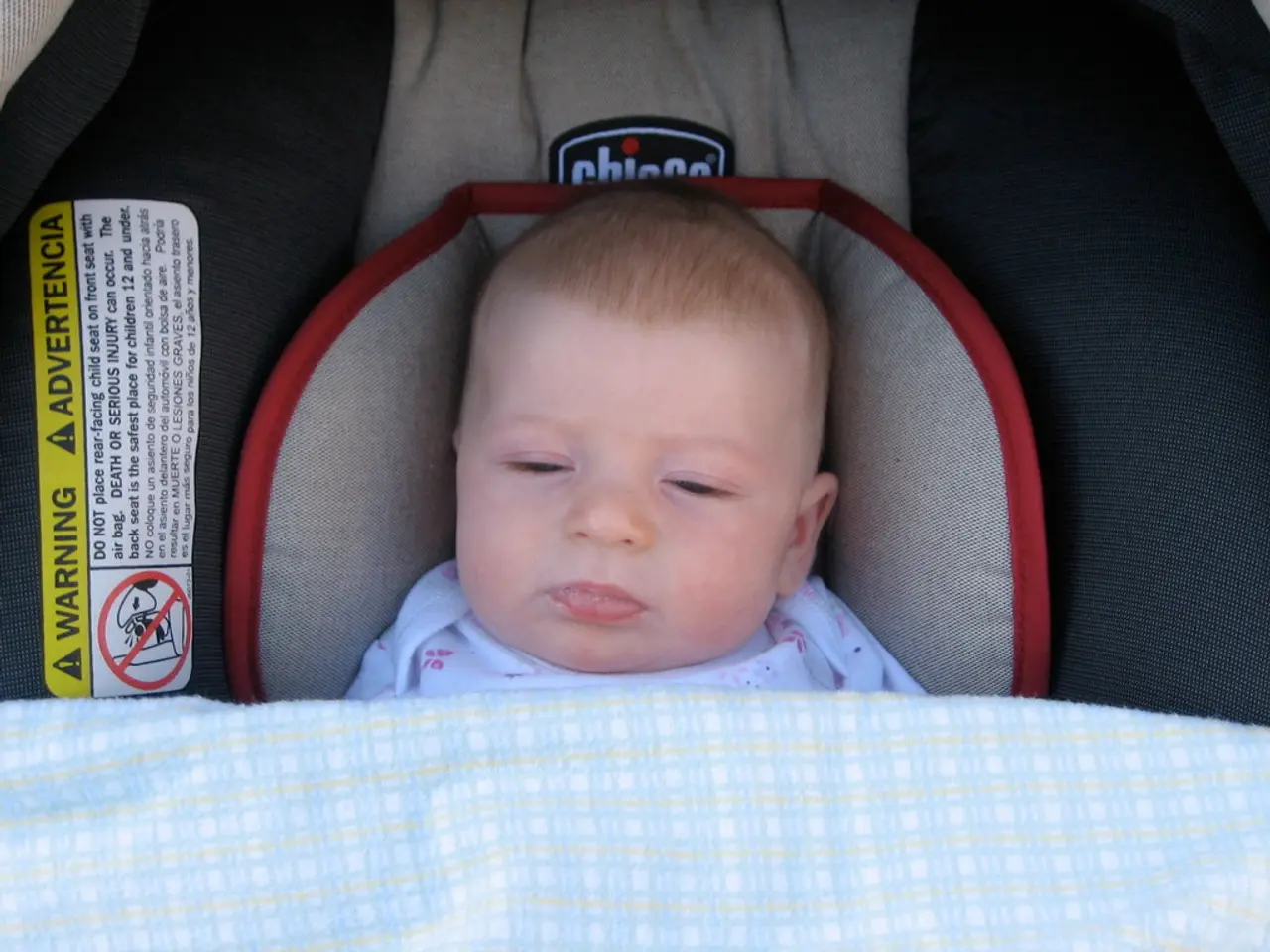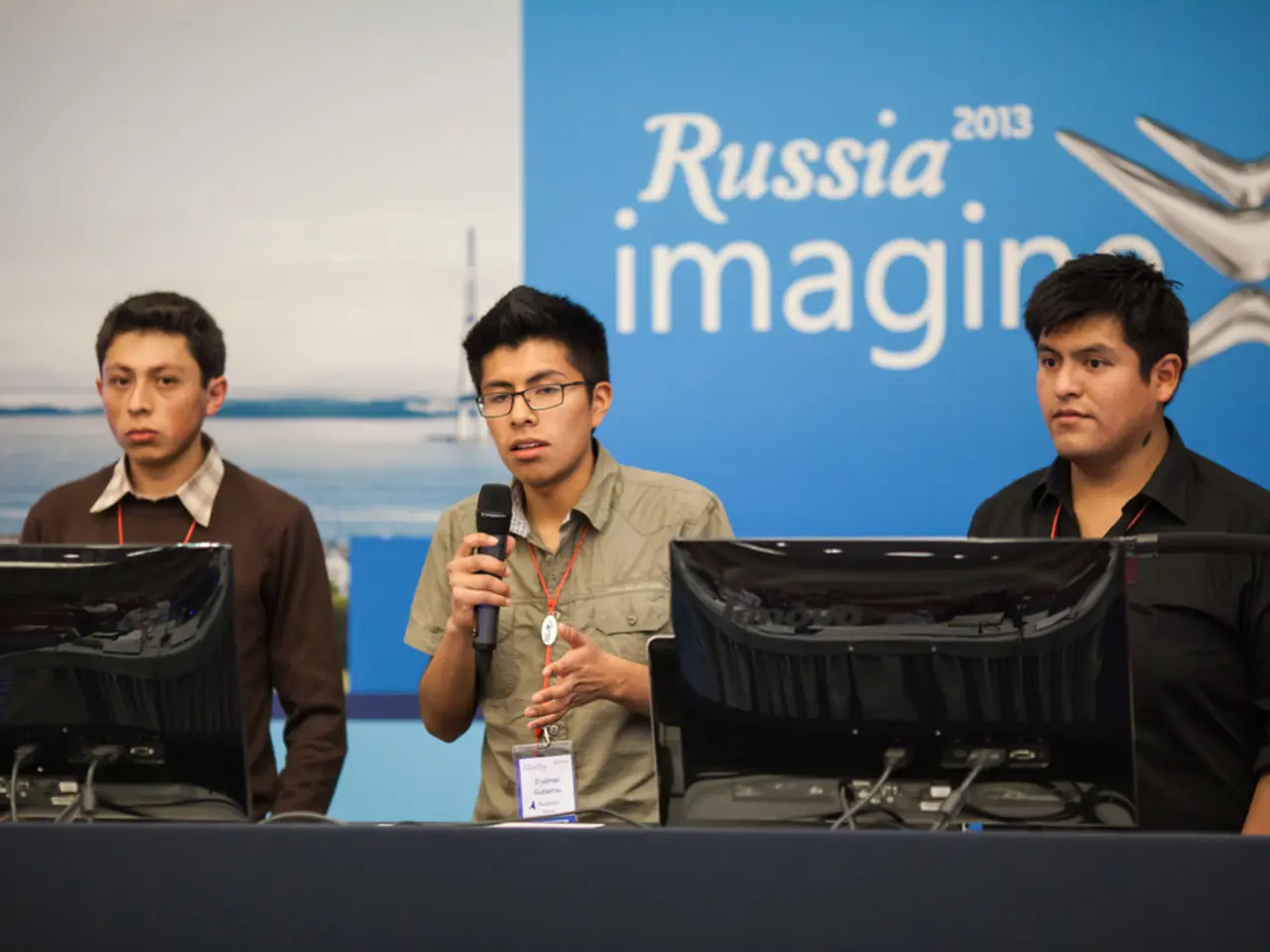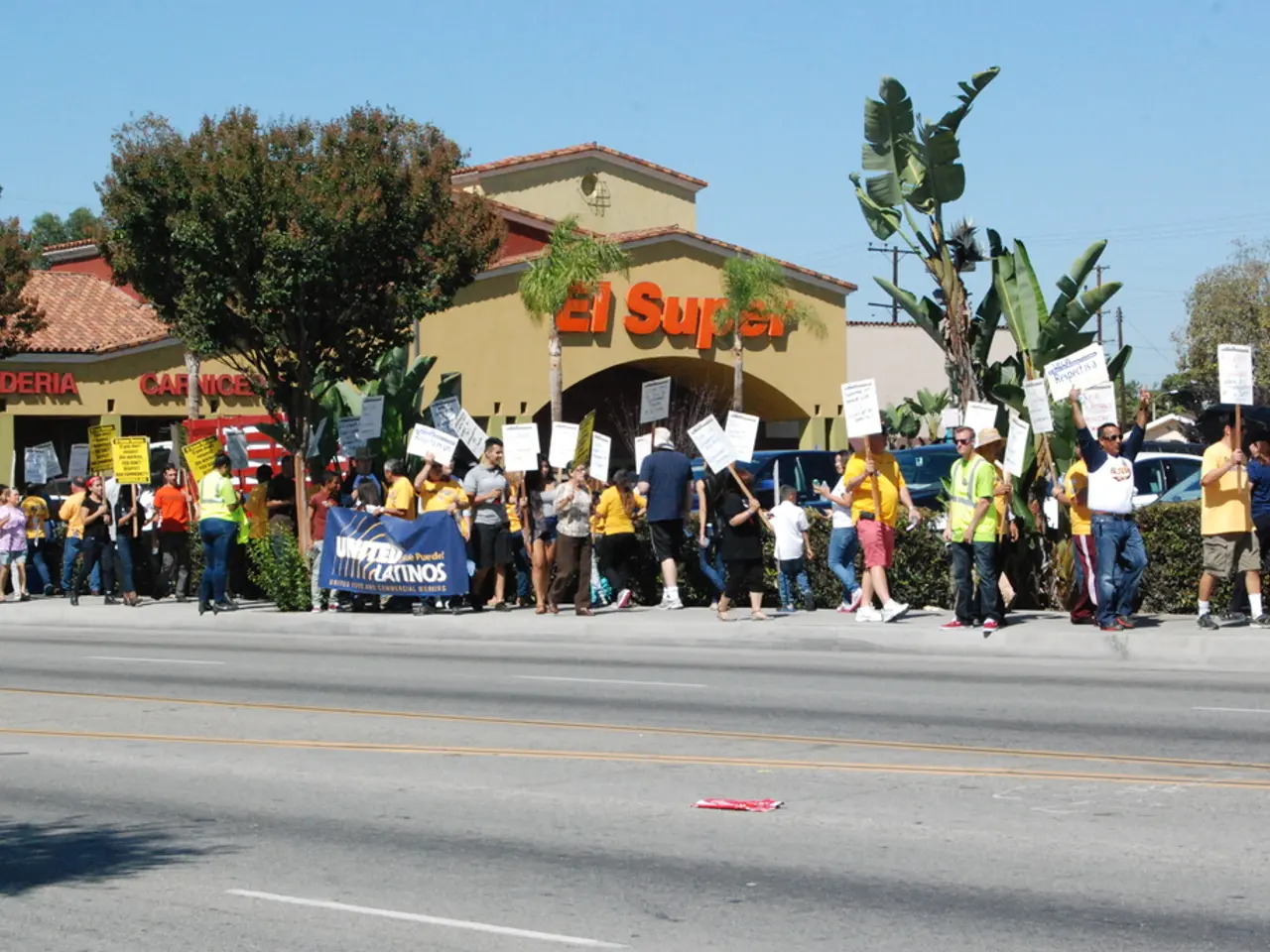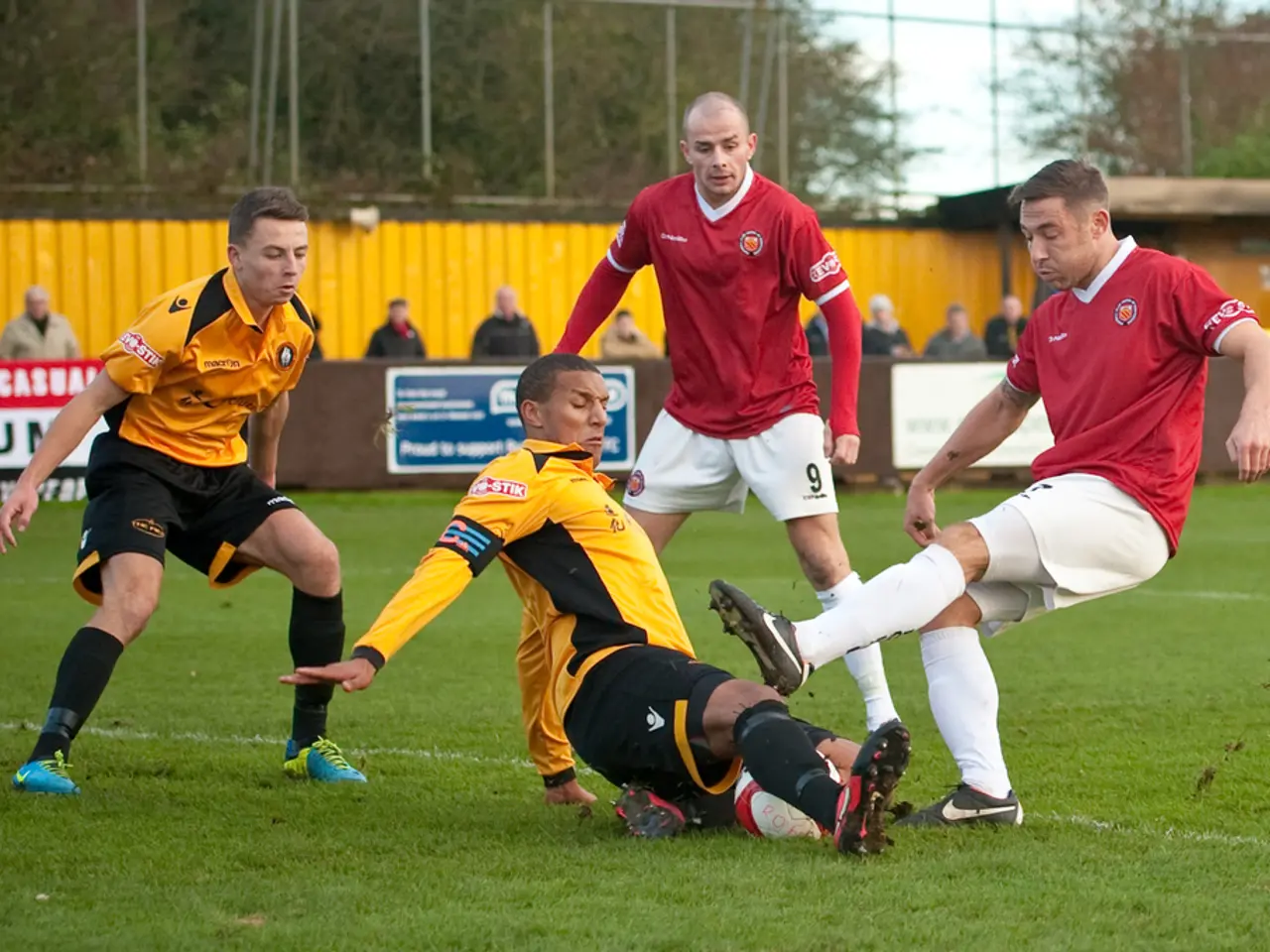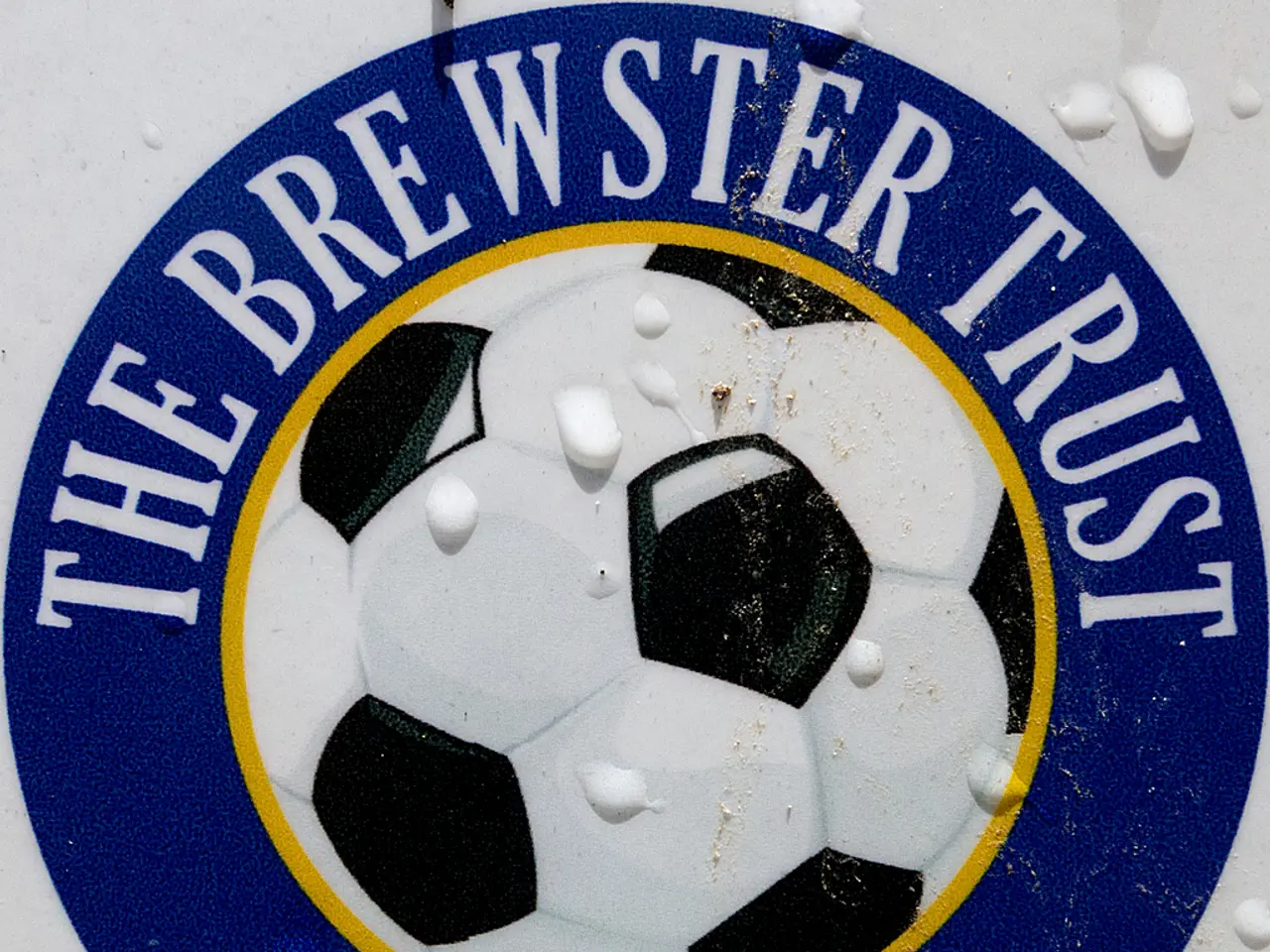Addressing Child Sexual Abuse Is a Community Obligation
Taking a Stand Against Child Exploitation: A National Inquiry and the Unfortunate Link to the Far Right
In June, Keir Starmer announced a nationwide inquiry into group-based child sexual exploitation (CSE) in the UK. The announcement followed a review by Baroness Louise Casey, triggered in January and focusing on data and evidence related to such offences.
For over two decades, the issue of organized grooming gangs has been a contentious topic in British politics, the media, and public life, yet preventable mistakes have been made, and crucial facts have been overlooked.
It all began back in 2002 when a group of seven mothers visited the office of Labour MP Ann Cryer in Keighley, West Yorkshire. Their daughters, aged 12 or 13, had been befriended by older Pakistani men who took them to parties, plied them with drugs and alcohol, and subjected them to abuse by groups of adult men.
The mothers had a list of 35 names and addresses. They had approached West Yorkshire police and social services, but nothing was done. Cryer was outraged. She advocated for the mothers, meeting with police and social services. However, the police argued that the girls refused to give evidence, and the men were seen as friends rather than abusers.
The story took a dramatic turn when it emerged that a tabloid newspaper was willing to pay the mothers £1,000 for their story. Cryer feared that tabloid sensationalism could ignite tensions within the community still recovering from the Bradford riots in 2001. Meanwhile, the far-right British National Party was gaining support, eventually winning the Keighley West ward in the 2004 local elections.
Cryer reached out to a Pakistani councilor and asked him to speak to elders at the local mosque, bringing up the 35 names. The elders reportedly told the councilor to "go back to Ann Cryer and tell her it's nothing to do with us."
Feeling that she had no other choice, Cryer took her concerns to the local press. However, she faced backlash from some members of the community who accused her of racism, while others questioned her intentions as a white outsider trying to lecture the Pakistani community.
Despite the criticism, Cryer persisted, working with then-Home Secretary David Blunkett to make grooming a specific sexual offence and enable courts to accept third-party evidence when victims were too traumatized to testify. By August 2004, ten people had been charged with offences related to grooming in Keighley, with five eventually convicted and sentenced to prison.
However, numerous instances of CSE continued to surface across the UK. Similar stories unfolded in Rotherham, Rochdale, Oxford, and Telford, among other cities, where young working-class girls, often from troubled or broken homes or the care system, were targeted by older men.
Regrettably, these girls not only suffered abuse but were also neglected by social services, the police, and local authorities. The indifference was rooted in misogyny and class prejudice, with some children being labeled as sex workers, further traumatizing them.
As the years passed, the far right began to pay close attention to the issue. Baroness Casey's review highlighted a culture of victim blaming and neglect from the authorities, with the ethnicity of the accused often not recorded for two-thirds of CSE offenders.
While it is essential to acknowledge the contempt authorities have shown to survivors, other aspects of Casey's report should also be recognized.
More than 20 years on since the Keighley incident, it is clear that CSE is not confined to a single town. In 2005, evidence about taxi drivers allegedly picking up and abusing girls from care homes in Rotherham was passed to the police and council. Convictions weren't secured until 2010. A 2014 report by Professor Alexis Jay found that at least 1,400 girls had been sexually exploited in Rotherham between 1997 and 2013. The report accused South Yorkshire police and Rotherham borough council of blatant failures and the suppression of documents related to the issue.
Child exploitation and abuse are committed by all demographics. According to new police data on the ethnicity of suspects arrested on suspicion of group-based CSE offenses in England and Wales in 2024, 51.6% were white British. However, British Pakistanis were overrepresented in the number of suspects – accounting for one in eight, while making up only one in 37 people in England and Wales according to the 2021 census.
Reports for Greater Manchester, South Yorkshire, and West Yorkshire police forces showed "disproportionate numbers" of men from Pakistani backgrounds among CSE suspects. The report stated that there were "many examples of organizations avoiding the topic altogether for fear of appearing racist."
While a national inquiry into CSE gangs can undoubtedly provide justice for survivors, it also raises concerns about giving the far right more ammunition to link these horrific acts to Islam and all 1.6 million people of Pakistani heritage living in the UK. It is essential to ensure that the discourse surrounding this issue remains focused on seeking justice for survivors and not on political gain or stoking division.
The NSPCC offers support for children on 0800 1111 and adults concerned about children on 0808 800 5000. The National Association for People Abused in Childhood (Napac) offers support for adult survivors on 0808 801 0331.
In the context of the national inquiry into group-based child sexual exploitation (CSE), politics may become entangled with general-news reports, particularly when discussing the disproportionate representation of certain ethnicities among CSE suspects. Crime-and-justice issues, such as CSE, can inadvertently contribute to polarizing sentiments, particularly if not adequately managed to avoid stoking division or reinforcing negative stereotypes.
